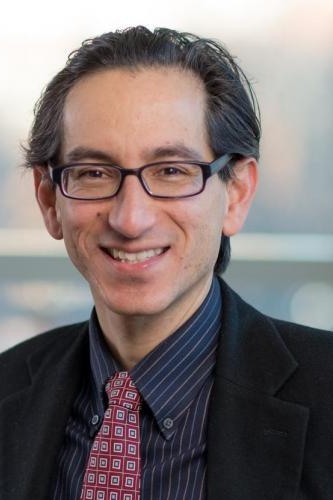
Omar Galárraga
Biography
Omar Galárraga joined the Brown University School of Public Health and PSTC in 2010. As a Health Economist, he has received funding from NIH, international organizations, and various foundations to work on three main areas: (1) applications of health and behavioral economics (conditional economic incentives) to improve prevention and treatment programs for HIV and other chronic diseases; (2) the evaluation of social health insurance in low- and middle-income countries; and (3) the economic efficiency, financing, and cost-effectiveness of health care programs, particularly for HIV. His research appears in public health, health economics, and health services research journals.
Publications
Punto Seguro: A Randomized Controlled Pilot Using Conditional Economic Incentives to Reduce Sexually Transmitted Infection Risks in Mexico. Galárraga, Sosa-Rubí, et al. AIDS & Behavior. 2017.
HIV prevention costs and their predictors: evidence from the ORPHEA Project in Kenya. Galárraga, Wamai, Sosa-Rubí, Mugo, Contreras-Loya, Bautista-Arredondo, Nyakundi, Wang'ombe. Health Policy & Planning. 2017.
The Association of Health Insurance with institutional delivery and access to skilled birth attendants: evidence from the Kenya Demographic and health survey 2008-09. Were LPO, Were E, Wamai, Hogan, Galarraga. BMC Health Services Research. 2017.
Willingness-to-accept reductions in HIV risks: conditional economic incentives in Mexico. Galárraga, Sosa-Rubí, Infante, Gertler, Bertozzi. European Journal of Health Economics. 2014.